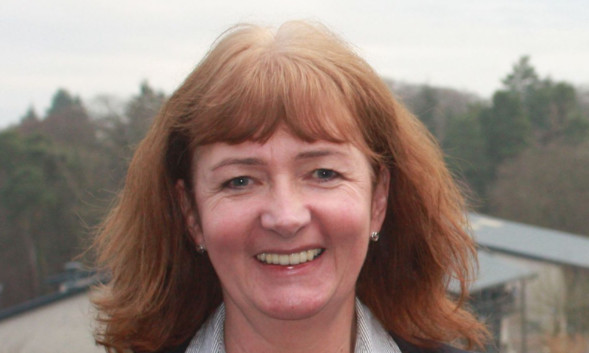Agricultural and veterinary researchers must not be afraid to discuss yield and livestock output with policy makers, claims Professor Julie Fitzpatrick, CEO of the Moredun Research Institute.
Researchers are often afraid to discuss yield, and instead focus their work on the welfare and environmental benefits of different farming systems.
Prof Fitzpatrick, said there is a lack of input from livestock and mixed farming experts on scientific committees discussing food security across the UK.
“This can mean that it is uphill work to explain the contribution livestock make to countries, regions, communities, and families,” she said.
“Words like ‘production’ and ‘efficiency’ are met with suspicion, if not scorn, in the context of livestock.”
More work was needed to ensure policy makers understood the benefits and value of livestock, rather than livestock products and science being seen as “coming from the bad guys”, she added.
“I always feel that I’m trying to defend that farmers should be part of the debates,” Prof Fitzpatrick said.
“Why do some people seem to find it difficult to see farmers in Scotland as key stakeholders in sustaining our food supply?
“If they [the farmers] fail, it is very likely that imports of food will increase, with resulting environmental pressures on fragile ecosystems in the countries of the origin of that food, of particular importance when we consider the welfare standards and their implementation in many countries worldwide.”
She called for Scottish agriculture to up its production targets, and said the Moredun would work with industry to help deliver “sustainable intensification.”
